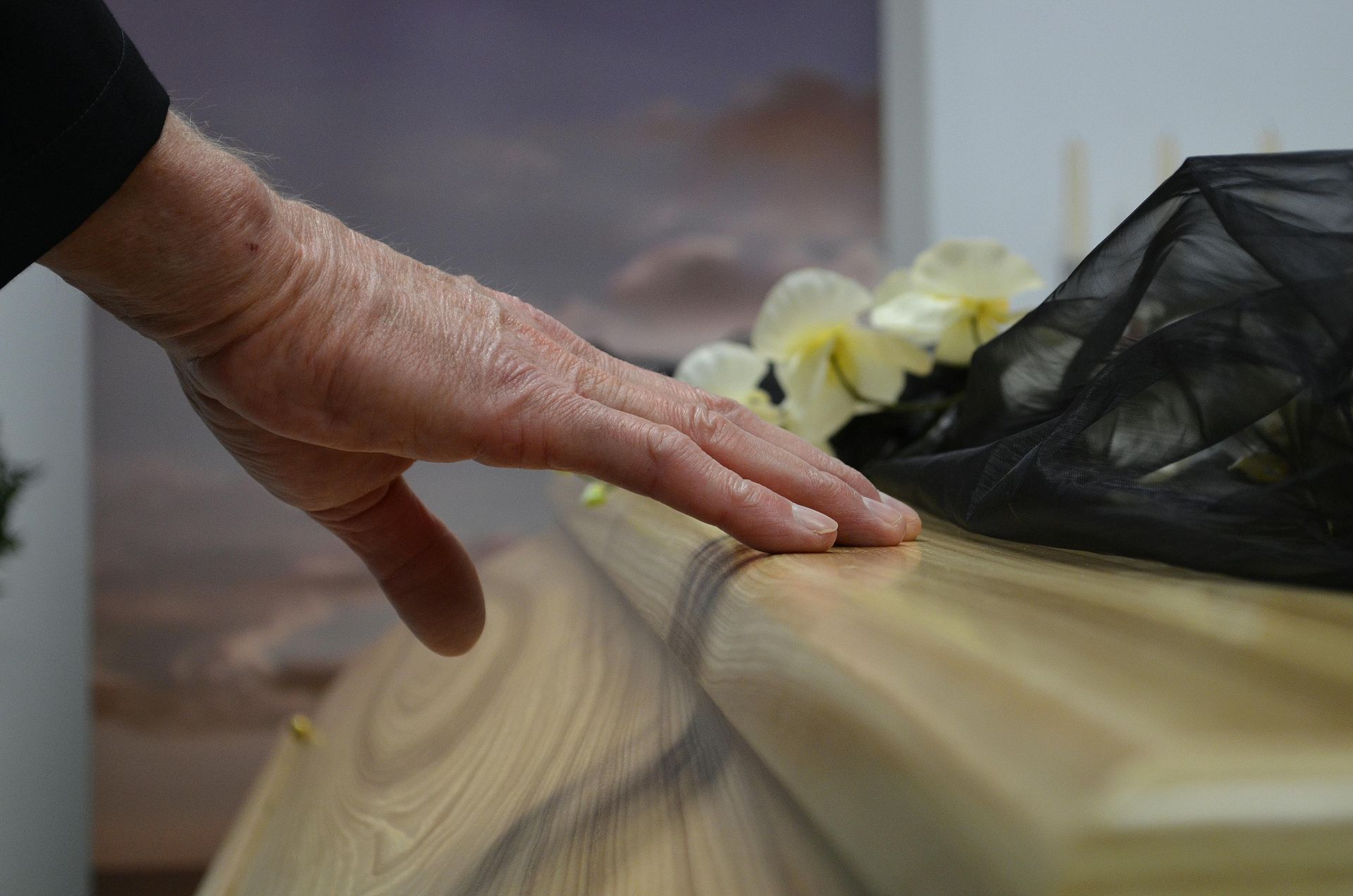How to help children when their pet dies
November 5, 2019

How to help children when their pet dies
Children can feel the loss of a pet very deeply. Their pets are members of their family, their playmates and companions.
Your child may look to their pet for comfort and companionship especially in cases where they have no siblings. To a young child, it feels like their pet will be there forever.
When their beloved pet dies, it is a huge loss – often the first experience of loss they will have had. They may experience the range of emotions from grief, anger, loneliness and maybe even guilt.
How can you help them through this?
Firstly, remember that it is normal and necessary to grieve and to acknowledge the depth of the loss. It is not helpful to say it was only a “cat” or a “dog” and we can get another one. Your approach will be slightly different depending on the age of the child, but it is important to be honest about the pet’s death.
If the pet is old and their health deteriorating, consider talking to them before the death happens. If you have to euthanise your pet, you could explain that this is the kindest way to take the pet’s pain away and the vet has done all they can. Reassure them that their pet will die peacefully without pain or fear.
Explain what happened and include the child in making decisions about the pet’s cremation or burial. Give them opportunities to talk about their feelings but if they don’t want to talk at the moment then that’s ok too. You could talk about the pets you had when you were young and how much they meant to you.

If you have been keeping up with the news lately you may have noticed several distressing stories about a lack of care demonstrated by some funeral directors when being contracted by bereaved families after the loss of their loved one. There is no government regulatory authority for funeral directors in New Zealand but all funeral directors must comply with legal requirements around care of the deceased as specified in the Burials and Cremations Act. In addition, there are requirements for fair pricing and contracts under the Fair Trading Act, as well as obligations that apply under the Consumer Guarantees Act. We are members of the Funeral Directors Association so adhere to the ethics and standards that are part of our membership. We know that transparency of pricing is important along with ensuring that the options chosen work with families’ budgets. We regularly provide detailed pricing estimates along with information to help with farewell planning. Our many years of experience have also shown us that it is important to be looking at the ‘big picture’ when choosing a service provider. When you engage Gillions to look after arrangements for your loved one you will have the comfort and assurance that they will be well looked after from the time we transfer them to our care until the time we take them to the crematorium or cemetery. Our care for you continues beyond this time as we know that grief does not have a time limit.

We’re often asked whether children should be involved after a family member's death, and if so, how? While you know your children best, our general advice is to include them as much as possible. Children will take cues from the adults around them, so if you're open and honest, they will likely follow suit. Answer their questions directly but avoid unnecessary details unless they're asked. Their inquiries will be shaped by their age and previous experiences, such as the death of a pet. Children under 7 may not fully understand that death is permanent, universal, and involves the body stopping completely. They may ask more literal questions, like "Who will Nan play with in heaven?" or "Who will take me to the park?"

In some cultures, being around the deceased is a natural part of life, but in Western culture, we’ve moved away from this. At Gillions, we believe in supporting families to be as involved as they wish in caring for their loved one after they’ve passed. This may include helping to dress them, spending time with them, or bringing them home before the funeral. While it’s natural to feel unsure about this, we often hear from families that the experience was deeply meaningful. Dressing a loved one can feel like a final act of love, especially if you helped care for them before they passed. We encourage children to be part of this process too.

Grief is a deeply personal journey, influenced by past experiences and the circumstances of loss. When a death is sudden, for instance, grief can feel more complex and harder to navigate than when the death was expected. While many find their own path through grief, others may require additional support









